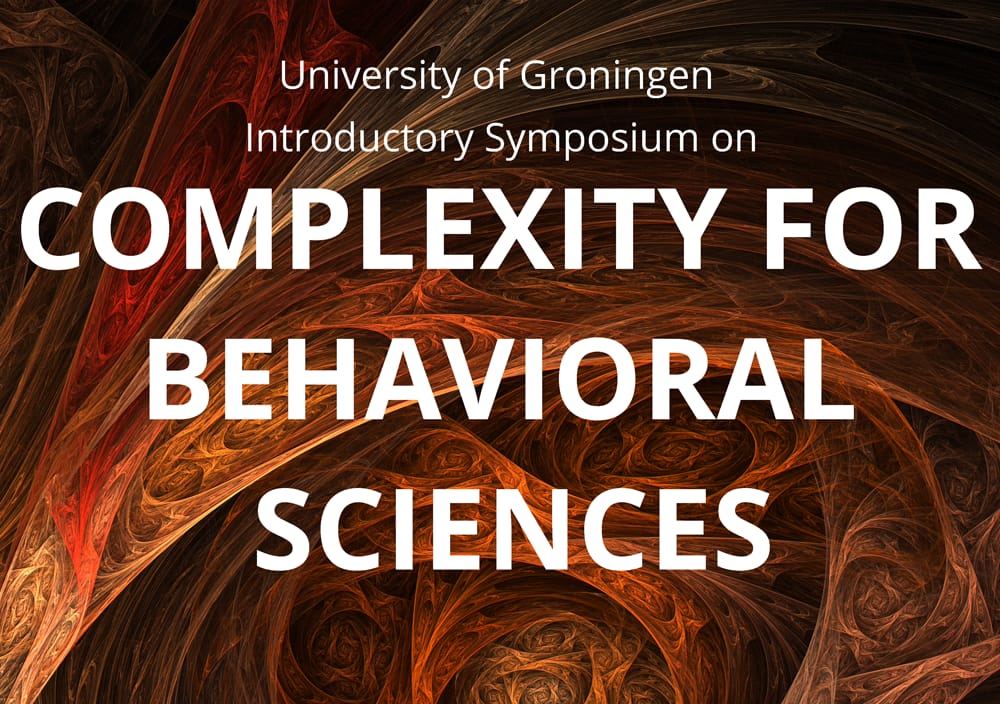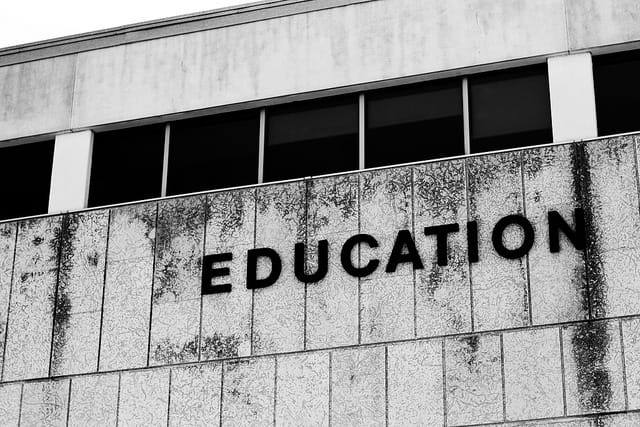It’s extremely rare for three such events to run locally (and quite exceptional for them to run over just two weeks). So put it in your agenda: join us for Groningen’s summer of history!
This year Rijksuniversiteit Groningen offers for the first time symposium on Complex Dynamic System Theory in the Behavioral Sciences aimed especially at students, featuring speakers from the field of Psychology, Philosophy, Human Movement Sciences and Linguistics. Attend a day of presentations, workshops, and a networking reception. We look forward to welcoming you in Groningen.
We waste human potential if we not adapt our school systems to the best of our knowledge. In this post Sebastian Prehn will illustrate the lost potential, introduce examples of an endless pool of innovations and suggest a structure of how to implement them.
Internationalization is hot, and our university is working hard to set up collaborations with universities in other countries, of which India is seemingly going to be one of them. A brief report to get a flavour of my first experience at Thapar University in Patiala, India.
In September 2016, the Department of Psychology starts five new international master’s tracks. These tracks link psychological knowledge to particular fields of application, to prepare students in the best possible way for the job market in their respective fields. All tracks seem promising, but how do you pick the track that is right for you?
Is the way we assess learning in higher education killing its very central aim: learning? It is, if Eric Mazur from Harvard University is to be believed and he makes a very convincing case in the talk he gave in Groningen a few weeks ago. Read on to see what students and staff from our department think about it.
This post looks at our research on the mechanics of negative emotions about ourselves, the human obsession with how the past could have been different and some of the things I learned from this first laboratory research project I worked on during the past six months.
Have you ever wondered how the Psychology Education Committee works? Recently, on behalf of Diemensies, Ruud Wassink and I interviewed two student members about their tasks, making improvements to the educational program, and how students can help.
Addicted to smartphones? This blog post critically reviews the current state of psychological research concerning the impacts of extensive smartphone use. Important issues are highlighted by the outline of some important psychological studies.
This blog post deals with the unrealistic beauty standard of the media and how it can influence individuals. The psychological stress and even illnesses, such as bulimia and anorexia nervosa that this beauty standard evokes, underlines the urgency of examining how this standard can be changed.









